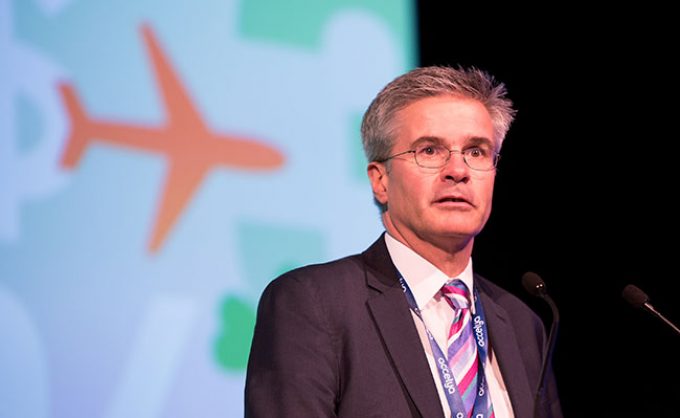IATA fights back as India hits major foreign airlines with tax evasion allegations
Foreign airlines operating out of India are in the crosshairs of its regulatory authorities over ...

Aleks Popovich, the first head of IATA Cargo and most recently IATA’s senior vice president, financial and distribution services, is to retire.
He leaves IATA, where he has spent 16 years – a relatively short haul for IATA bureaucrats – in March, and will be replaced by Muhammad Albakri, the regional vice president for Africa and the Middle East.
In 2005, Mr Popovich became the first to take the role of global head of cargo at IATA, after leaving British Airways World Cargo ...
Maersk u-turn as port congestion increases across Northern Europe
Apple logistics chief Gal Dayan quits to join forwarding group
Maersk Air Cargo sees volumes fall as it aims for 'margin in favour of revenue'
Airlines slash freighter capacity post-de minimis, but 'the worst is yet to come'
Houthis tell Trump they will end attacks on Red Sea shipping
Transpac rates hold firm as capacity is diverted to Asia-Europe lanes
MSC revamps east-west network as alliance strategies on blanking vary
India-Pakistan 'tit-for-tat' cargo ban sparks sudden supply chain shocks

Comment on this article